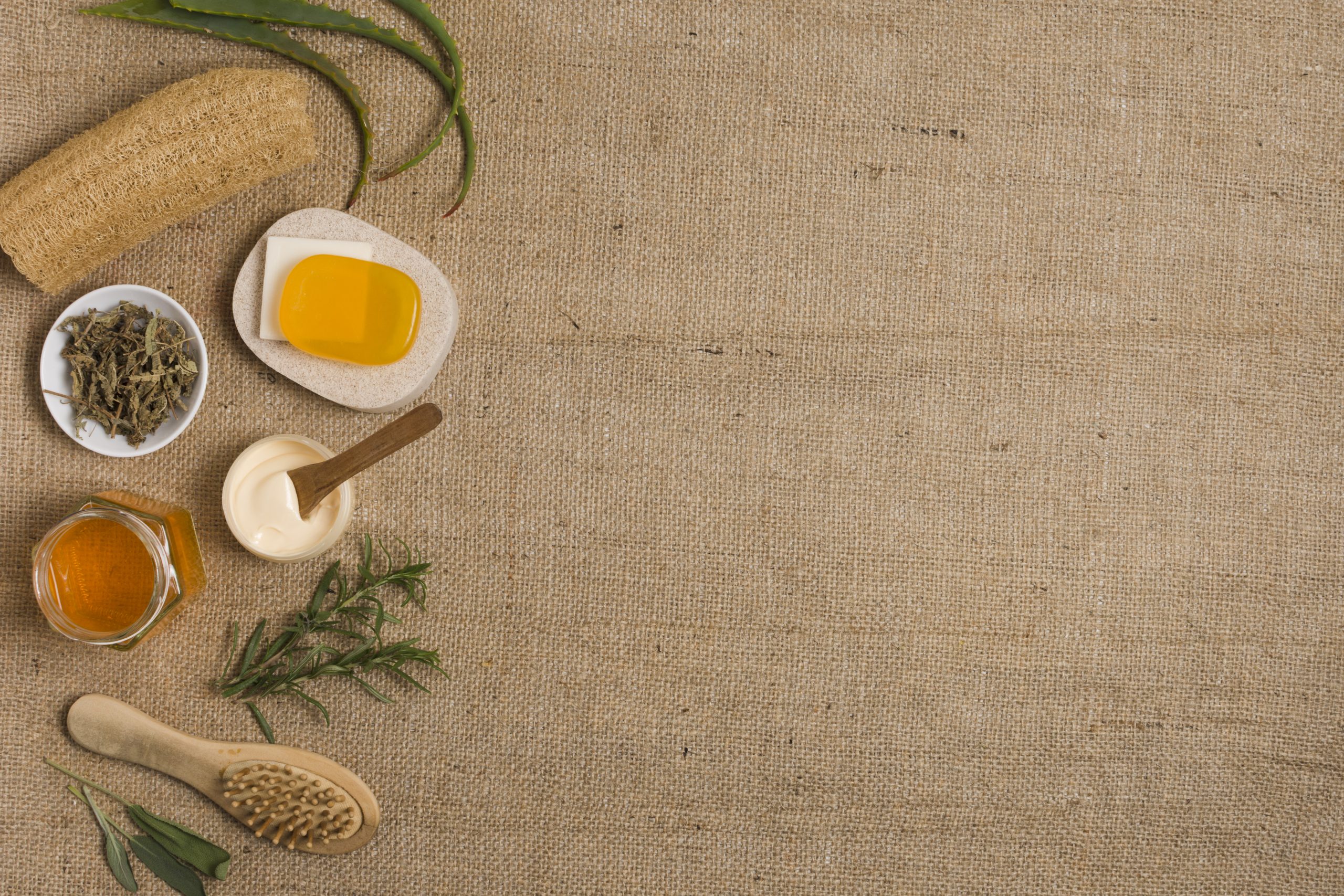
In the diverse world of traditional Asian medicine, some herbs remain lesser-known yet incredibly powerful, and Enkleia thorelii (Lecomte) Nerveling is one of them. This climbing plant, native to tropical regions of Southeast Asia, has been traditionally used in Thai, Cambodian, and Vietnamese herbal remedies for its revitalizing and healing properties. Let’s see the Enkleia thorelii benefits to human health.
Modern studies are now revealing that Enkleia thorelii possesses bioactive compounds that contribute to various health benefits, including anti-inflammatory, antioxidant, and vitality-enhancing effects, making it an emerging natural ingredient in nutraceuticals and wellness supplements.
What Is Enkleia thorelii (Lecomte) Nerveling?
Enkleia thorelii belongs to the Thymelaeaceae family, a group of plants known for their rich phytochemical composition. Traditionally, the roots and stems have been used as tonics for vitality, pain relief, and blood circulation improvement.
Recent phytochemical analyses have identified compounds such as flavonoids, phenolics, and diterpenoids, which are known for their role in cell protection and inflammation regulation (Sutthivaiyakit et al., 2012).
How It Works for Human Health
1. Natural Antioxidant Support
The flavonoids and polyphenols in Enkleia thorelii help neutralize free radicals, protecting the body’s cells from oxidative stress, a major factor in aging and chronic diseases. These antioxidants also support skin health, liver function, and cellular repair.
2. Anti-Inflammatory Properties
Traditional uses and modern research suggest that Enkleia thorelii exhibits anti-inflammatory effects, helping the body manage internal inflammation that may lead to fatigue, discomfort, or reduced immunity (Phuwapraisirisan et al., 2019).
3. Enhancing Circulation and Energy
By improving blood flow and oxygen delivery, this herb has been traditionally linked to better physical endurance and vitality. It’s often included in herbal tonics aimed at restoring energy and reducing exhaustion.
4. Supporting Hormonal Balance and Reproductive Health
While commonly associated with male vitality formulas, emerging research suggests that Enkleia thorelii’s adaptogenic properties may also support overall hormonal balance and stress regulation, contributing to better mood and sexual wellness.
Other Potential Benefits
- Liver protection: Some extracts show hepatoprotective effects, helping detoxify and strengthen the liver.
- Antibacterial activity: Early studies suggest possible antimicrobial effects that protect the body from pathogens.
- Joint and bone health: Its anti-inflammatory compounds may help relieve stiffness and support flexibility.
How to Use Enkleia thorelii Safely
Because Enkleia thorelii is a potent herb, it is best in standardized extract form under the guidance of a qualified herbalist or included as part of a multi-herbal supplement.
You’ll often find it in formulations designed for:
- Vitality and stamina
- General wellness and energy
- Natural detox and rejuvenation
Conclusion
In addition, Enkleia thorelii (Lecomte) Nerveling may still be a hidden gem. However, its benefits are far-reaching. From enhancing vitality and circulation to supporting antioxidant defense, this traditional herb is making its way into the modern wellness spotlight.
As research continues, Enkleia thorelii stands out as a natural powerhouse for those looking to boost energy, balance the body, and maintain long-term health, all through the gifts of nature.
References (APA Style)
- Phuwapraisirisan, P., Sutthivaiyakit, S., & Sutthivaiyakit, P. (2019). Phytochemical constituents and biological activities of Enkleia thorelii (Thymelaeaceae). Natural Product Research, 33(11), 1621–1627. https://doi.org/10.1080/14786419.2017.1413557
- Sutthivaiyakit, S., Mongkolvisut, W., & Phuwapraisirisan, P. (2012). Diterpenoids from Enkleia thorelii and their biological activities. Phytochemistry Letters, 5(2), 348–352.
- Wattanapiromsakul, C., Subhadhirasakul, S., & Houghton, P. J. (2003). Biological activity of extracts and purified compounds from Enkleia thorelii. Journal of Ethnopharmacology, 86(2–3), 189–192.
Explore our website to learn more: Click Here





